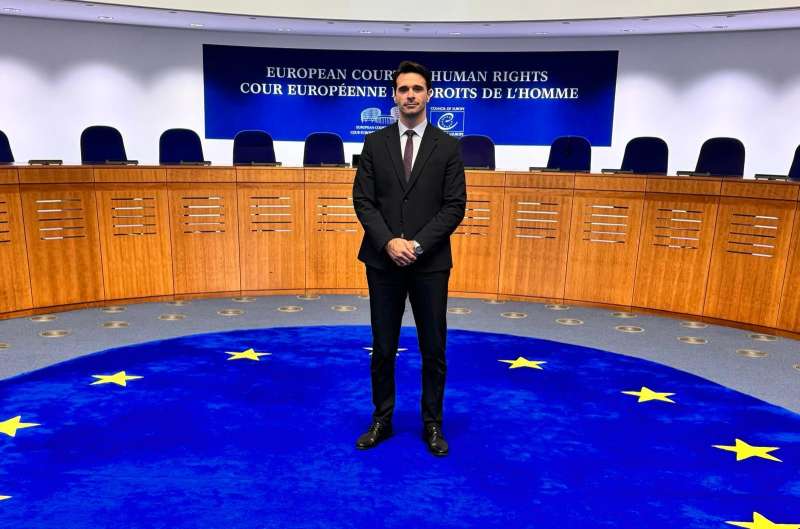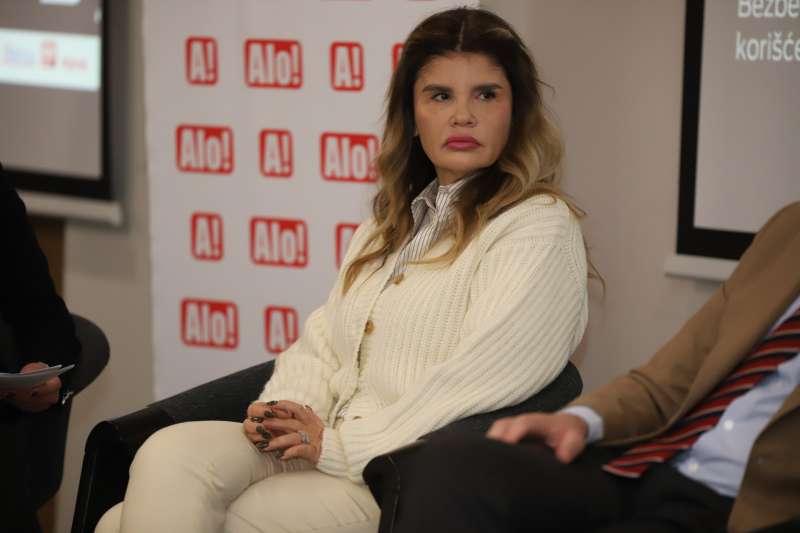SARAJEVO, July 7 (FENA) - Since its establishment until the end of last year, the European Court of Human Rights (ECHR) has issued 1,150 judgments in relation to the countries of the Western Balkans, according to an analysis of judicial practice published in "Legal Chronicle", professional journal published by the High Judicial and Prosecutorial Council of Bosnia and Herzegovina and the AIRE Center.
“From the beginning of its work until December 31, 2021, the Court pronounced a total of 86 judgments in cases against Albania, 105 judgments against Bosnia and Herzegovina, 474 judgments against Croatia, 185 judgments against North Macedonia, 68 judgments against Montenegro and 232 judgments against Serbia,” it was stated in the analysis.
The number of pending cases before the Court at the end of 2021 was 70,150, compared to 61,500 at the end of 2020. This 13 percent increase can be partially attributed to an increase in the total number of petitions filed.
In addition, while there was a decrease in the number of cases assigned to committees, as well as a significant increase in the number of cases sent for consideration by individual judges, panels and the Grand Chamber. When it comes to the region, in 2021 several judgments stand out that represent a significant contribution to the practice of ECHR.
When it comes to the right to a fair trial, several important judgments and issues related to the Western Balkans are also noted.
Also, for the first time, the Court dealt with the existence of a "fundamental defect" in a criminal proceeding that enabled its repetition in accordance with Article 4 of Protocol no. 7 with the European Convention on the Protection of Human Rights and Fundamental Freedoms.
The court concluded that the state's failure to investigate hate motives for a violent attack and to take those motives into account when determining punishment for violent hate crimes constituted such "substantial violations."
The court also reaffirmed that the concept of private life includes both the physical and psychological integrity of an individual, and that states are therefore obliged to protect the physical and moral integrity of individuals from other persons.
This 15th edition of the "Legal Chronicle" included, through analysis, an overview of the work of the domestic judiciary, and the AIRE Center says that regular publication of relevant information on judicial practice is the basis for further education and information for holders of judicial functions in Bosnia and Herzegovina.
(FENA) A. B.













